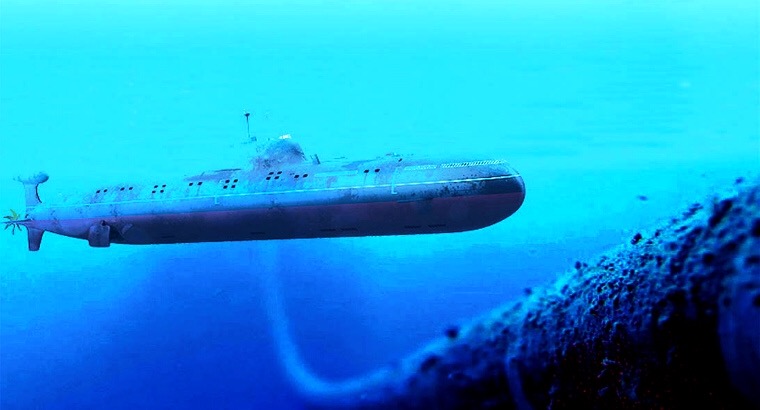UK Imposes Ban on Sale of Mini-Submarines to Russia Amid Undersea Cable Security Concerns
The United Kingdom’s security services, in cooperation with the Department for International Trade, have imposed a ban on the sale of underwater technology—specifically mini-submarines—and related equipment to Russia. The British government took this step after receiving new intelligence indicating that Moscow is increasing its efforts to explore deep-sea communications and energy links between the UK, the United States, and continental Europe. “These actions pose a risk to our national security, and the new controls are intended to reduce that risk,” British authorities explained.
Currently, 97% of the world’s data is transmitted via undersea cables that run along the ocean floor. These cables are critical for approximately $10 trillion in various financial transactions. NATO military leadership is concerned: 18 major communication cables connect Europe and the United States across different parts of the Atlantic Ocean, while 16 connect the UK and mainland Europe. There are also 12 cables between the United Kingdom and Ireland. This has raised fears that Russian underwater operators could damage these vital infrastructure elements.
“We have introduced new export controls that give us the legal means to prevent the supply of equipment that could enable the Russian government to access, attack, or tamper with undersea communication cables,” an anonymous source in the British government told The Sun.
These concerns were previously voiced by the UK’s Chief of the Defense Staff, Stuart Peach, back in 2017. As indirect evidence of such Russian initiatives, European military officials point to the pace of modernization of the Russian Navy, the growing activity of Russian submarines, their equipment with deep-sea vehicles, and their readiness to use information warfare tools.



